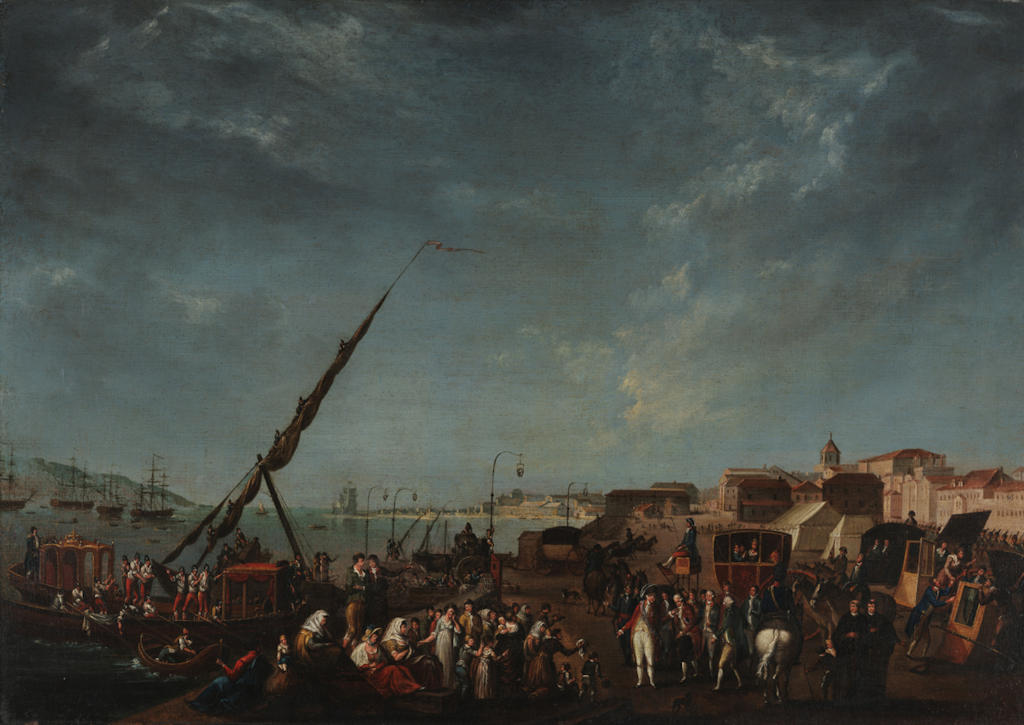The transfer of the royal court from Lisbon to Brazil had a profound impact on both cities. Lisbon, left behind by its monarch, experienced a period of upheaval and transformation. The absence of the court created a power vacuum, leading to political and social changes within the city.
Meanwhile, in Brazil, the presence of the royal court brought about a surge of activity and development. As the new center of royal authority, Rio de Janeiro experienced an influx of people, resources, and institutions. Lisbon's loss became Brazil's gain, as the city blossomed under the influence of the court's presence.
The relocation of the court also had economic implications for Lisbon. Trade routes and connections between the two cities were established, facilitating the exchange of goods and ideas. Lisbon continued to serve as a vital link between Europe and Brazil, contributing to the economic growth and prosperity of both regions.
Lisbon.vip Recommends
Ultimately, political circumstances in Europe allowed for the return of the Portuguese monarchy to Lisbon in 1821. The experience of the court's exile, however, left an indelible mark on both cities. Lisbon, having witnessed the departure and return of its monarch, emerged as a resilient city that played a pivotal role in the preservation of the Portuguese monarchy during a challenging era.
Today, the historical significance of the royal court's exile is evident in both Lisbon and Rio de Janeiro. Landmarks, museums, and cultural institutions in both cities commemorate this extraordinary chapter in history, underscoring the enduring connection between Lisbon and the period of the court's exile in Brazil.



